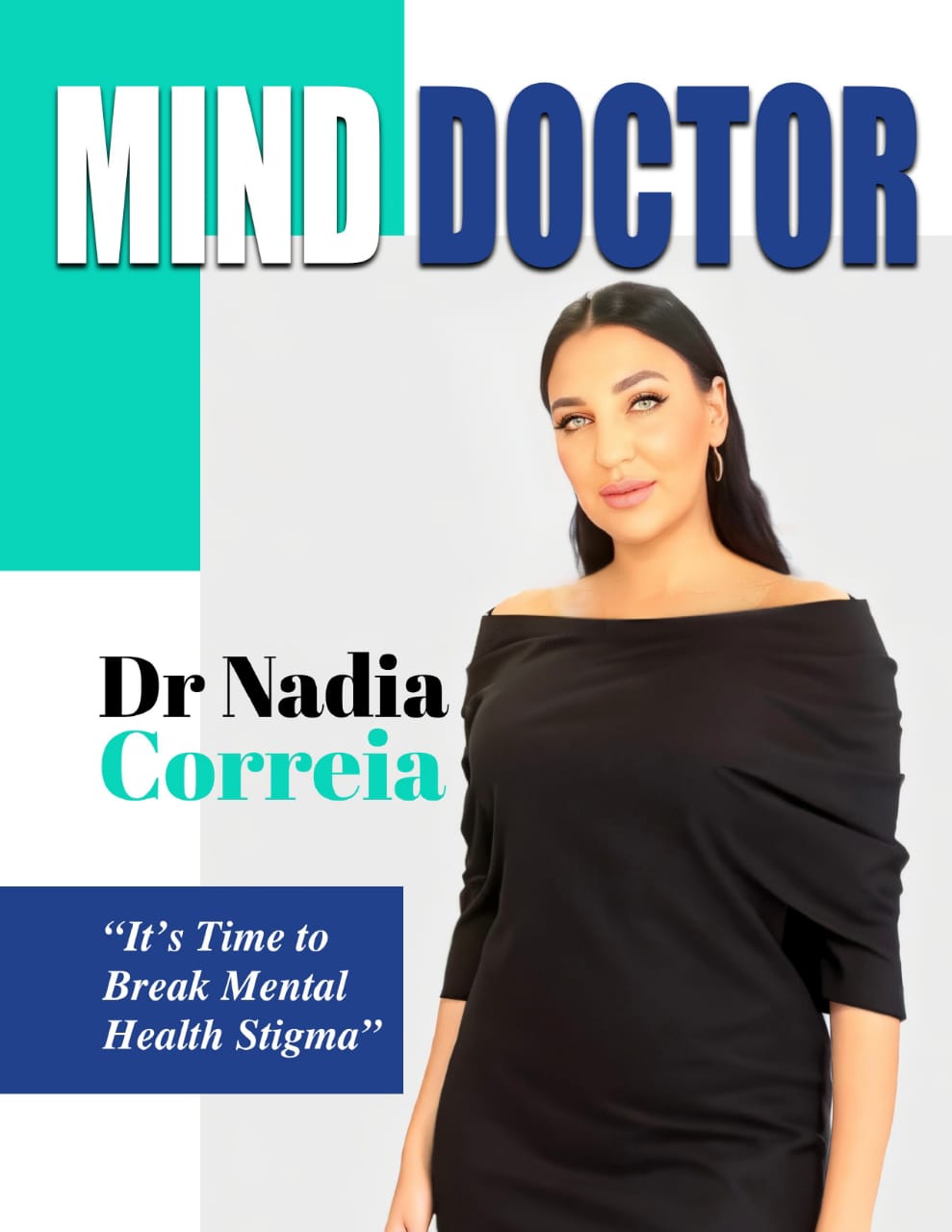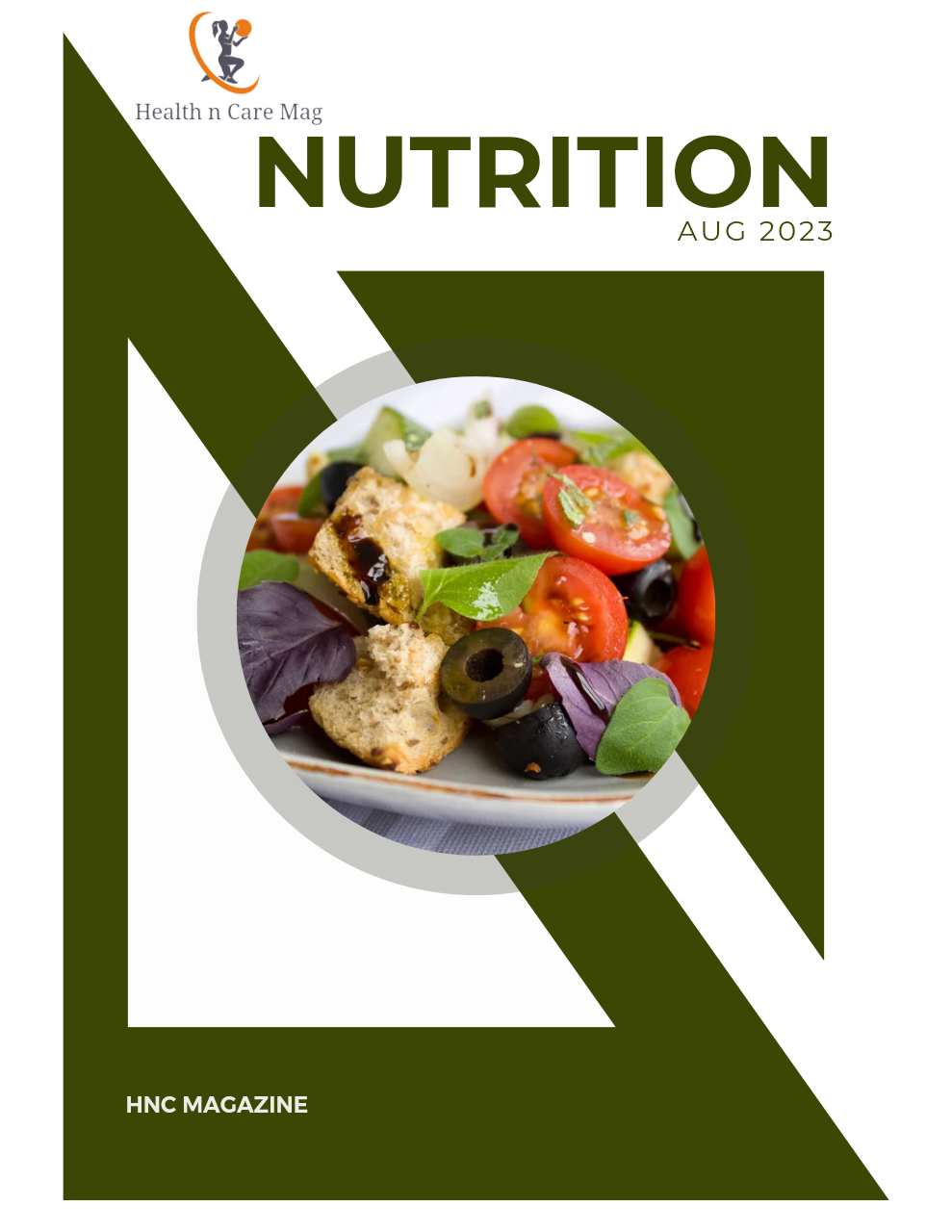Navigating the Path to Wellness: The Ultimate Guide to Nutrition

In our quest for a healthier and more fulfilling life, nutrition stands as an essential cornerstone. The food we consume plays a pivotal role in shaping our well-being, from our physical health to our mental clarity. In this comprehensive guide to nutrition, we will explore the vital components of a balanced diet, debunk common myths, and provide actionable tips for optimizing your nutritional intake. Let’s embark on a journey to unlock the power of nutrition and revitalize your health.
Chapter 1: The Basics of Nutrition
Understanding the fundamental principles of nutrition is crucial for making informed dietary choices. At its core, nutrition is the science of how our bodies obtain and utilize the nutrients necessary for growth, maintenance, and overall health. These nutrients are typically categorized into five main groups:
- Carbohydrates: These are our body’s primary source of energy. Opt for complex carbohydrates like whole grains, fruits, and vegetables for sustained energy levels.
- Proteins: Vital for building and repairing tissues, proteins can be found in lean meats, fish, poultry, beans, and nuts.
- Fats: Healthy fats, such as those in avocados, nuts, and olive oil, are essential for brain function and overall well-being.
- Vitamins: These micronutrients are essential for various bodily functions. Eating a colorful array of fruits and vegetables ensures you get a wide spectrum of vitamins.
- Minerals: Essential for bone health, immune function, and more, minerals like calcium, magnesium, and iron can be found in foods like dairy products, leafy greens, and lean meats.
Chapter 2: The Role of Nutrition in Health
Proper nutrition is not just about maintaining a healthy weight; it has a profound impact on our overall health. Good nutrition:
- Boosts Immunity: Nutrient-rich foods strengthen our immune system, helping us fight off illnesses more effectively.
- Supports Heart Health: A diet low in saturated fats and high in fiber helps reduce the risk of heart disease.
- Aids Digestion: Fiber-rich foods promote healthy digestion and prevent constipation.
- Enhances Mental Health: Certain nutrients, like omega-3 fatty acids and antioxidants, play a role in maintaining mental well-being.
Chapter 3: Debunking Nutrition Myths
The world of nutrition is filled with myths and misconceptions. Let’s dispel a few:
- Myth 1: All Fats Are Bad: While saturated and trans fats should be limited, healthy fats are essential for our health.
- Myth 2: Going Gluten-Free Is Healthier: Unless you have a medical condition like celiac disease, gluten is not inherently harmful.
- Myth 3: Skipping Meals Helps with Weight Loss: Skipping meals often leads to overeating later. Eating regular, balanced meals is a more effective approach.
Chapter 4: Practical Tips for Better Nutrition
Now that we’ve covered the basics and cleared up some myths, let’s discuss how you can make positive changes to your diet:
- Plan Your Meals: Create a weekly meal plan to ensure balanced nutrition and avoid impulsive, unhealthy choices.
- Portion Control: Be mindful of portion sizes to prevent overeating.
- Hydration: Drink plenty of water to stay hydrated. Sometimes, thirst is mistaken for hunger.
- Limit Processed Foods: Reduce your intake of processed foods, which often contain excessive salt, sugar, and unhealthy fats.
- Variety is Key: Aim for a diverse diet to ensure you get a wide range of nutrients.
Nutrition is not a one-size-fits-all approach. It’s about finding what works best for your body and lifestyle. By understanding the basics, debunking myths, and implementing practical tips, you can harness the power of nutrition to boost your overall health and well-being. Start your journey toward a healthier you today, and remember that small changes can lead to big improvements in your quality of life.



